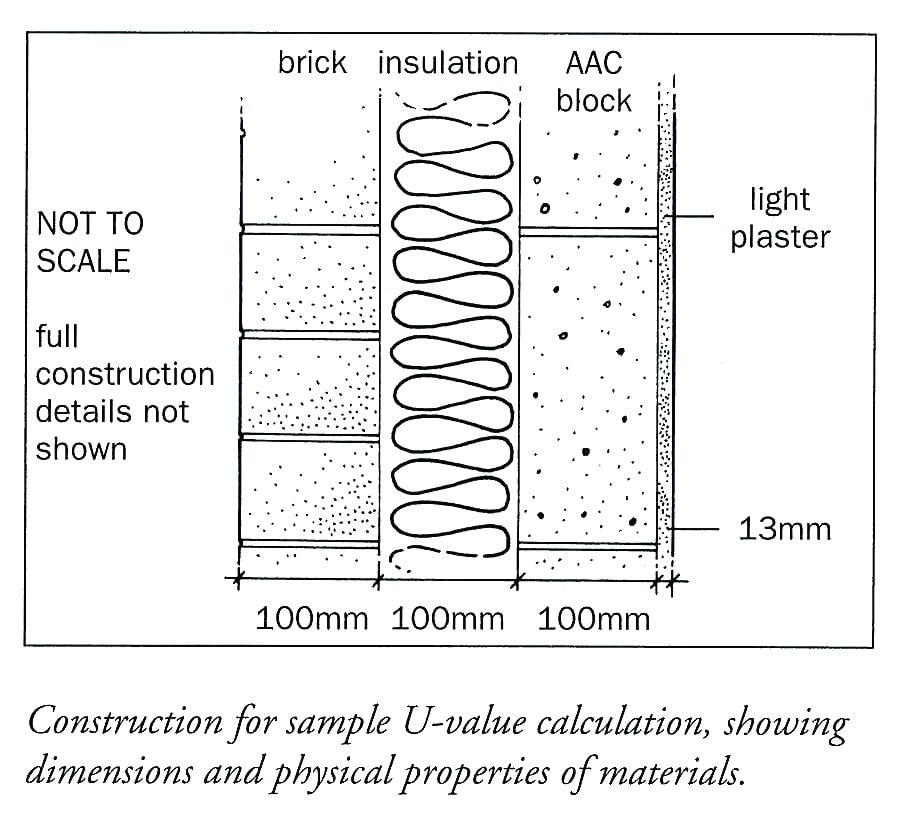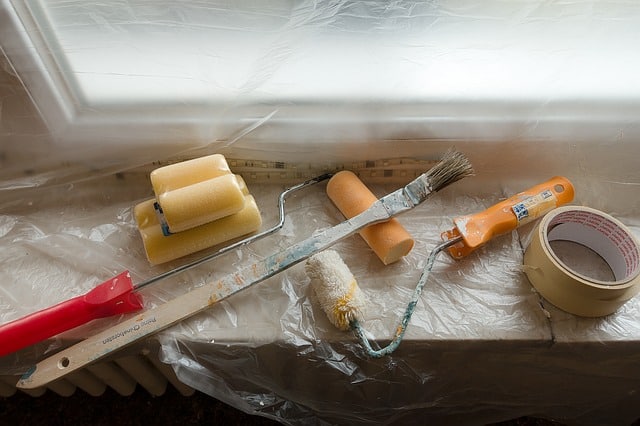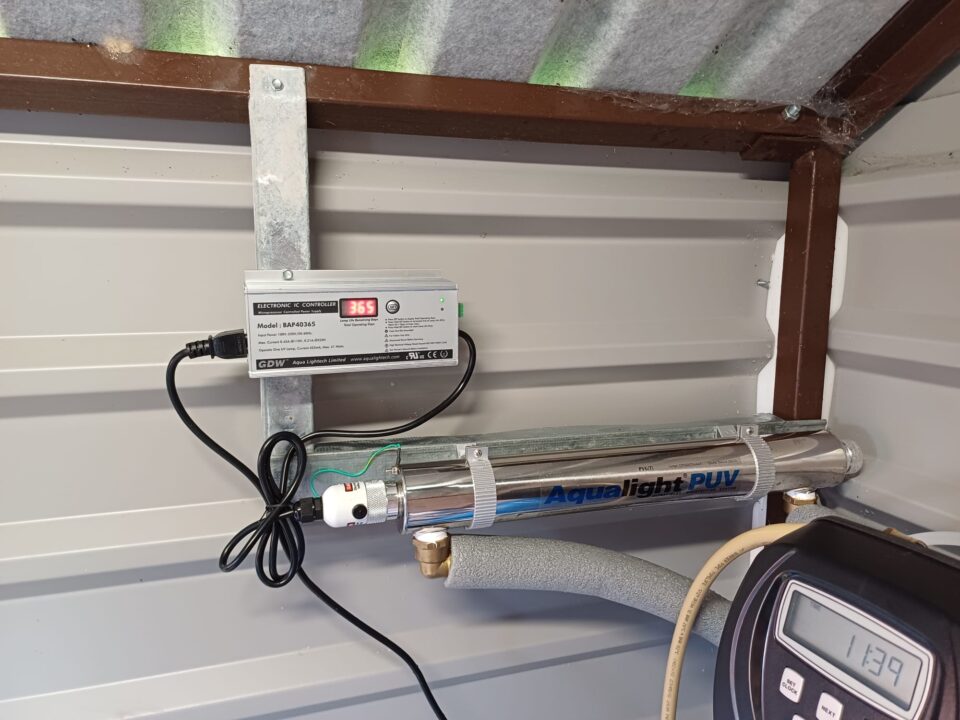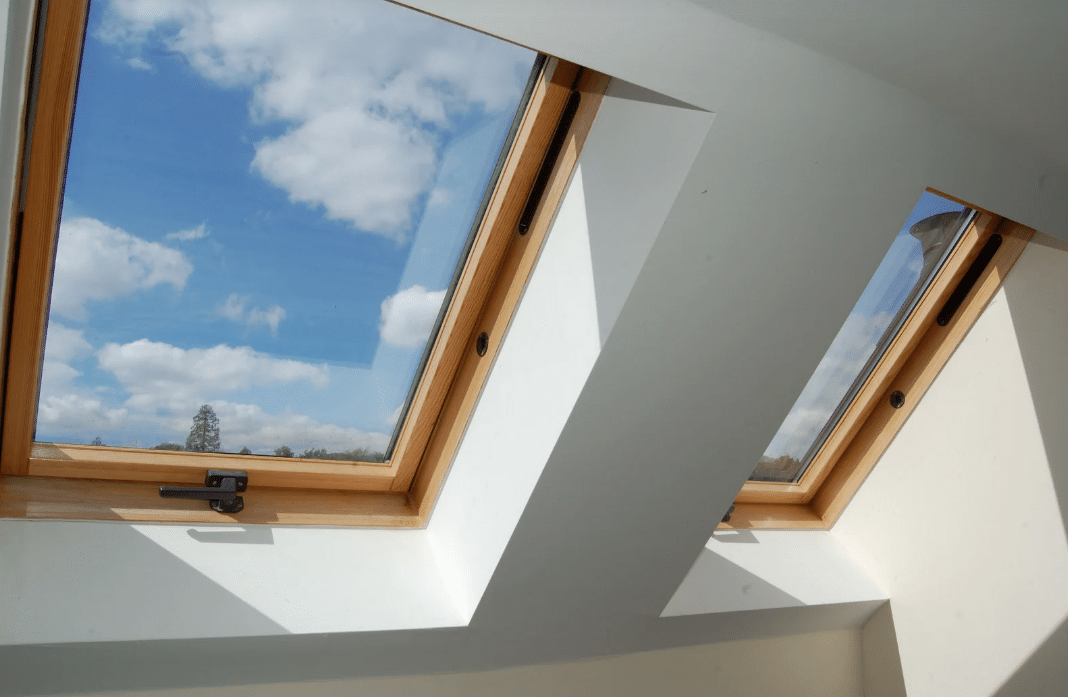The new regulations, the law and you
What is clear is that there will be legal obligations placed on all parties involved. We asked solicitor Rory O’Donnell to explain what these are and what the future might hold.
**This Q&A appeared in the Winter 2014 edition of Selfbuild magazine.
It seems one of the major reasons for the new regulations is the lack of inspections on building sites, would that be accurate? What is the background to these changes?
Before the building regulations were introduced, major cities and some counties had building bye-laws; these were very exact, down to specifying the precise extent of opening windows in a living room to the span of joists for particular circumstances. Inspections by the local authorities were part of the process, and they would check the work at strategic times. This improved standards as builders would learn from these inspections and tended not to repeat the same mistake twice.
Similar bye-laws were in place in UK cities. About 30 years ago local authorities in Ireland became alarmed about a spate of legal actions against local authorities in the UK (and some in Ireland) arising out of problems with buildings. In many of these the local authorities were held responsible and were held liable for damage due to faulty or inadequate inspections and breaches of duty. As a result, the Department of the Environment did a complete about turn in relation to its approach to building regulations and in my opinion the driving principle in this was to make it almost impossible for the local authorities to be held responsible for any problems with new buildings. This is why the building control authorities now may, but are not obliged to inspect work in the course of its construction. A cynical person might say it is why there are so few inspections.
In the late 1970s, under pressure from the Department of Environment, Homebond was introduced. The Department still had experienced building inspectors on its staff from the time when there were Government Grants for new houses and each house for which a Grant was applied for was inspected to ensure that it complied with the conditions for payment of the Grant. Homebond was initially run in conjunction with these inspectors. I think that Homebond and its process of inspections were important in maintaining building standards. Their claims experience 25 years ago was minimal, mostly arising from one-off houses in the countryside. Standards were also helped when some lenders also insisted on certification for one-off houses at foundation and other key stages.
As mentioned above, the building control authorities are now entitled, but not obliged, to carry out inspections. The figures released by the Department of the Environment indicate a 15% rate of inspection by them but the feedback from architects and engineers would cause me to seriously doubt that figure. Most housing was built without professional monitoring and now that has to change. In my opinion that change should lead to better standards in home building.
Property owners
What legal obligations are placed on the building or site owners when they sign the statutory form appointing a ‘competent’ builder?
The property owner must take this seriously; s/he cannot just accept the word of the builder that he is competent and must appreciate that this is a serious matter in respect of which s/he needs to carry out appropriate due diligence. The amount of investigation will depend on the circumstances, I think that in front of a judge common sense will apply. If the builder is known to them and has a good reputation in the area, there may be no need to make any enquiries at all. If however the builder is not known to them, I think an owner should take steps to satisfy themselves that the builder is as good as he may claim to be. I think at the minimum an owner would need to get references from people for whom the builder has completed similar projects and should check out these references. It is not unusual for people appointing the builder to ask to see similar buildings which they built and perhaps even to talk to the clients, without the builder present. Written statements may not be necessary but the property owner should make a note of the steps s/he has taken to ascertain competence.
If a homeowner wants to sell his/her house, what can they expect from conveyancing? Will the new legislation make this a simpler or more complex process?
I am glad to say that it will not be more complicated. If the forms required under the new regulations are filed and registered, the Law Society has advised solicitors that insofar as domestic housing is concerned a copy of the final certificate and proof of registration should be sufficient to complete the sale. In simple terms nothing extra is required.
**This Q&A appeared in the Winter 2014 edition of Selfbuild magazine.





















